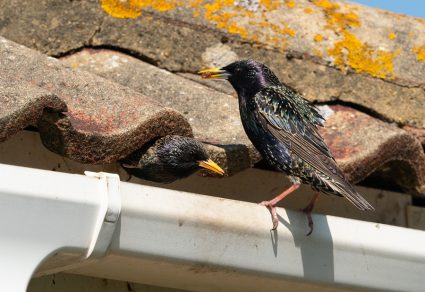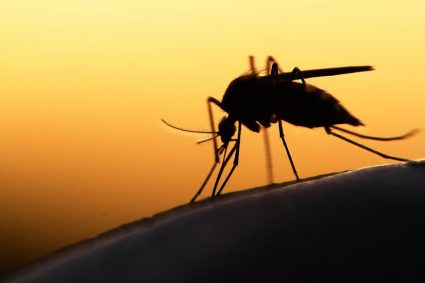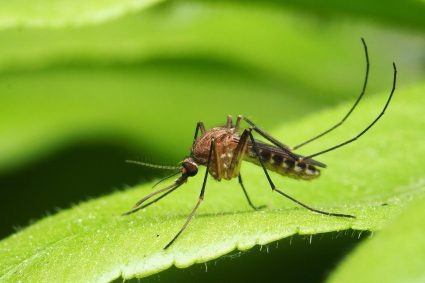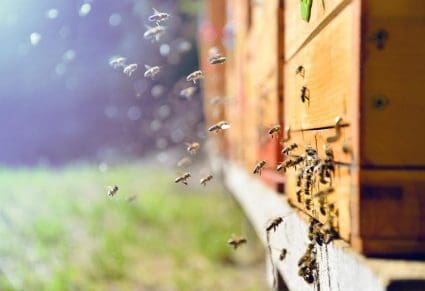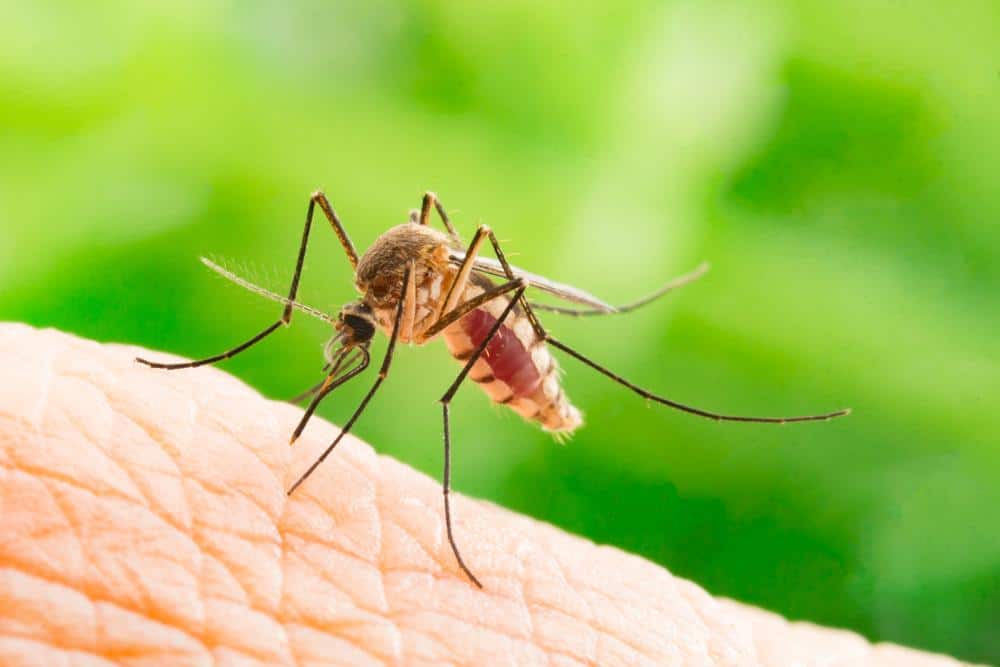
Mosquitoes are more than just a nuisance. They can transmit harmful diseases like Zika, West Nile Virus, Malaria, and Dengue Fever. Their bites can also cause skin irritation and allergic reactions in some people. To protect yourself and your loved ones, it’s crucial to take steps to keep these pests at bay. This comprehensive guide will provide you with an all-in-one solution to keep mosquitoes away.
To keep mosquitoes away, eliminate standing water where they breed, use natural repellents like essential oils and certain plants, and apply EPA-registered mosquito repellents on exposed skin. Additionally, install screens on windows and doors, wear protective clothing, and maintain your yard to reduce resting areas for mosquitoes.
Understanding Mosquitoes
Before we delve into the various ways to keep mosquitoes away, it’s essential to understand what attracts them. Mosquitoes are drawn to carbon dioxide, body heat, dark colors, lactic acid, and certain scents. By understanding these attractants, you can take steps to make yourself and your environment less appealing to these pests.
Natural Mosquito Repellents
Several natural mosquito repellents can keep these pests away without the use of chemicals. Essential oils such as lemon eucalyptus oil, lavender, cinnamon oil, and thyme oil have mosquito-repelling properties. Plants like marigolds, mint, and basil can also deter mosquitoes.
For example, you can make a DIY mosquito repellent by mixing 10 drops of lavender oil with a cup of water and spraying it around your outdoor area. Similarly, planting marigolds around your patio or garden can create a natural barrier against mosquitoes.
Eliminate Standing Water
Mosquitoes breed in standing water, making it crucial to eliminate any sources of stagnant water around your home. Regularly empty and clean birdbaths, flower pots, clogged gutters, and other containers that can collect water. Even a small amount of water can serve as a breeding ground for mosquitoes.
Use Appropriate Insecticides
Control mosquito larvae and adult mosquitoes using the appropriate insecticides for the habitat. For example, you can use larvicides in water bodies to control larvae and adulticides to control adult mosquitoes. Always follow the instructions on the product label to ensure safe and effective use.
Install Structural Barriers
Installing screens on your windows and doors can prevent mosquitoes from entering your home. Make sure these screens are in good condition and have no holes or tears that could allow mosquitoes in.
Wear Protective Clothing
When outside, especially during dusk and dawn when mosquitoes are most active, wear long-sleeved shirts, long pants, and socks. Tuck your shirt into your pants and your pants into your socks to cover gaps in your clothing where mosquitoes can get to your skin.
Use EPA-Registered Mosquito Repellents
Apply mosquito repellents containing DEET, picaridin, IR3535, oil of lemon eucalyptus (OLE), or para-menthane-diol (PMD) on exposed skin. These repellents are recommended by the CDC as safe and effective. Always follow the instructions on the label for proper application.
Maintain Your Yard
Keep your lawn trimmed and your bushes pruned. Eliminate shaded areas where mosquitoes can rest. You can also use outdoor insecticide sprays on areas where mosquitoes rest, like under patio furniture or under the deck.
Final Thoughts
Keeping mosquitoes away requires a multifaceted approach. By using a combination of the methods mentioned above, you can reduce the number of mosquitoes around your home and lower the risk of mosquito bites. Remember, every step you take to make your environment less appealing to mosquitoes brings you one step closer to a mosquito-free home.
Remember, prevention is better than cure. So, start implementing these measures today and enjoy a mosquito-free living.
Frequently Asked Questions
What time of day are mosquitoes most active?
Mosquitoes are most active during dusk and dawn. However, some species, like the Aedes mosquitoes, are daytime biters.
Can I use any type of essential oil to repel mosquitoes?
Not all essential oils repel mosquitoes. The most effective ones include lemon eucalyptus oil, lavender, cinnamon oil, and thyme oil. Always dilute these oils before use to avoid skin irritation.
Is DEET safe to use?
Yes, DEET is safe to use as a mosquito repellent when used as directed. It’s recommended by the CDC and is one of the most effective ingredients for repelling mosquitoes.
Can mosquitoes transmit diseases?
Yes, mosquitoes can transmit several diseases, including Zika, West Nile Virus, Malaria, and Dengue Fever.
How often should I apply mosquito repellent?
The frequency of application depends on the specific product and the level of mosquito activity. Always follow the instructions on the repellent’s label.
Does standing water attract mosquitoes?
Yes, standing water is a breeding ground for mosquitoes. They lay their eggs in stagnant water, so eliminating these sources can greatly reduce the mosquito population in your area.
How effective are screens in keeping mosquitoes away?
Screens on windows and doors can be very effective in preventing mosquitoes from entering your home, provided they are in good condition without any holes or tears.
Can I use insecticides for all mosquitoes?
Not all insecticides are effective against all mosquito species. It’s important to use the appropriate insecticide for the specific mosquito species and habitat in your area. Always follow the instructions on the product label for safe and effective use.

